Everyone may be talking about their trips to the Grand Bazaar or the Spice Bazaar in Istanbul, but when it comes to shopping local and eating seasonal, the weekly bazaars you’ll see in almost every district will offer you a wonderful way to connect with Turkish culture
The weekly “pazar,” which is what the Turks refer to as the local bazaars held outdoors and on the streets throughout cities, towns and villages in Turkey, has long been a steadfast tradition.
Purchasing the freshest of seasonal and regional fruit and vegetables has always been of utmost importance to Turkish households whose cuisine is centered on the best quality and time of year for produce. But going to a bazaar can be daunting for any foreigner as it can be crowded, loud and chaotic.
So, here are some tips on how to shop wisely at one of Turkey’s traditional bazaars:
Local bazaars are generally held in different areas of towns on a specific day of the week. This can change when the dates are in close proximity to religious or national holidays in which case they can be held earlier to ensure everyone is able to get their shopping in. They can either be held in designated open-market areas or on specific streets, rendering that particular neighborhood somewhat inaccessible by vehicle.
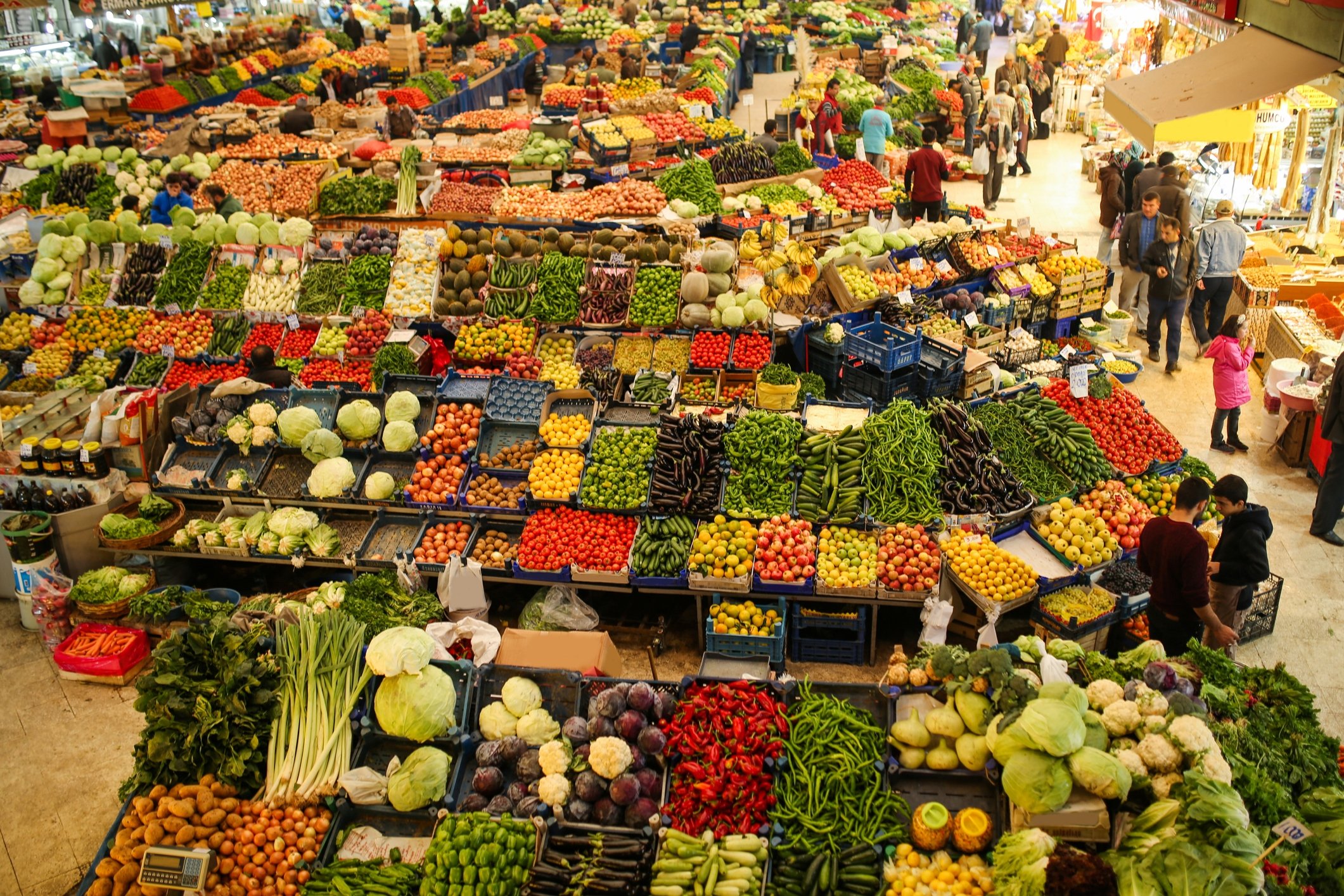
The bazaars here in Turkey can pretty much be your one-stop-shop for the week as there are typically separate sections devoted to selling fruit and vegetables, nuts and dried fruits, cheeses and olives, chickens and eggs, plants, kitchenware and sometimes even accessories, clothes and textiles. If the farmers’ market in a particular region is popular enough, sometimes a separate market will be held on a different day for clothes and household items.
The prices for fruit and vegetables are determined by the “hal,” which is the wholesale supplier, and the vendor and don’t tend to vary much within the same market. However, you can always walk through the market first to designate what the going rates are and which vendor has the best variety. Many a traveler in Turkey may notice price variances in different regions of the country, but this is a result of a vast combination of factors, such as where the produce was sourced and how it was transported. Most vendors will have signs up displaying the prices of items, and you can always ask, which I suggest doing in front of other customers to ensure complete accuracy. Unfortunately, when it comes to price gouging for tourists, Turks have a bad reputation among foreign visitors; however, this is nearly exclusively pertaining to tourist gift shops and should not be an issue whatsoever at the local fresh produce market.
Unlike the general perception, bargaining down a price is not actually the norm for a Turk, many of which have never attempted to do so in their entire lifespan. Thus, it is not good practice to attempt to bargain at the bazaar. You can kindly ask for a discount for purchasing in bulk but don’t push it, because chances are the vendor agrees to it is solely out of the kindness of their heart. For the most part, prices are as noted and the same for everyone. That being said, the vendor may choose to offer a deal themselves, in which you are welcome to take them up on it. A tip for the budget shopper, however, is the concept of the “akşam pazarı,” which means the “evening bazaar” and connotes to arriving close to the market’s closing hours when vendors will occasionally offer up deals on their stock in order to not have to further transport and store it.
Volkan’s Adventures has the perfect tour to experience the whole market culture. Koycegiz town has a non touristic, local market on Mondays. Every Monday, different from other tour operators, we sail our boat on afternoon towards Koycegiz for the Koycegiz Evening Market experience. We love to get to know the local seller, talk to them when they are not too busy, sample and purchase their goods and just enjoy the welcome you receive from these wonderful, hard working people.
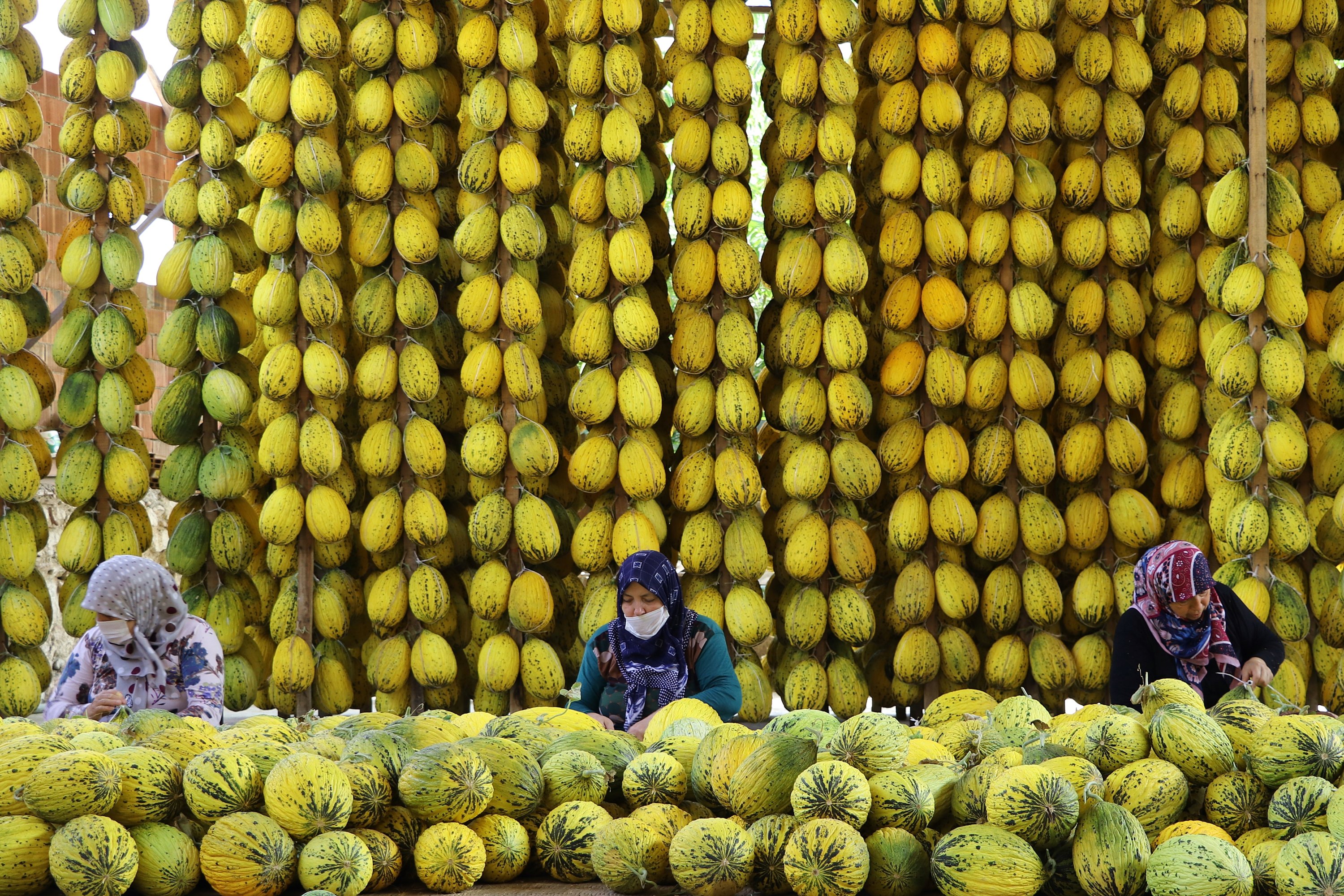
While it used to be the norm for customers to ask for a bag and pick and choose their own fruit and vegetables, things have changed during the pandemic, and thus it is always best to ask the vendor first either for a bag and whether or not you can pick through the fruit and vegetables or if they would prefer to bag the produce themselves. It is usually the norm to purchase produce in clean measurements of a kilogram or half a kilogram; however, it is also perfectly acceptable to buy however much you like. Many times if it is just a single pepper you seek, for example, the vendor will just gift it to you. This is both a token of Turkish hospitality and saves the vendor from having to weigh it. Because, yes, everything you purchase gets weighed on a scale so you can clearly check to see the amount and price of what you intend to buy.
While vendors will have different-sized plastic bags available, it is always good practice to bring your own plastic bags or do as many of the Turks do and purchase a portable market trolley, It renders both shopping and transporting the goods so much easier; otherwise, you can easily cut off circulation to your fingers by having to carry multiple thin plastic bags carrying kilos of produce.
SPOILT FOR CHOICE
There can be some excellent finds at bazaars such as special handmade tinctures, pastes, breads and pastries. While it is normal to be able to try olives and cheeses before you buy, which is done in the form of samples the vendor will politely hand to you; when it comes to fruit and whatnot it is always best to ask first if you want to try a piece.
If you see a stand with a huge pile of clothes on it and people grabbing through each one, don’t be dismayed. There are a number of top international clothing brands that have production facilities in Turkey, and articles of clothing with errors, however minute, can be sold at weekly markets. Therefore, shoppers are picking through the pieces to check where the particular “error” is before buying. Thus in Turkey, you can easily end up with a piece of apparel by a well-known brand with a very insignificant error for extremely cheap prices.
There can be a lot of yelling, pushing and shoving at the bazaar, but don’t take it personally. Many vendors will yell out comical quips about their products, and many of the customers are older matriarchs just trying to make their way through the crowds. My advice is to be patient; don’t elbow or poke back at fellow shoppers and just laugh with the vendors yelling at the top of their lungs.

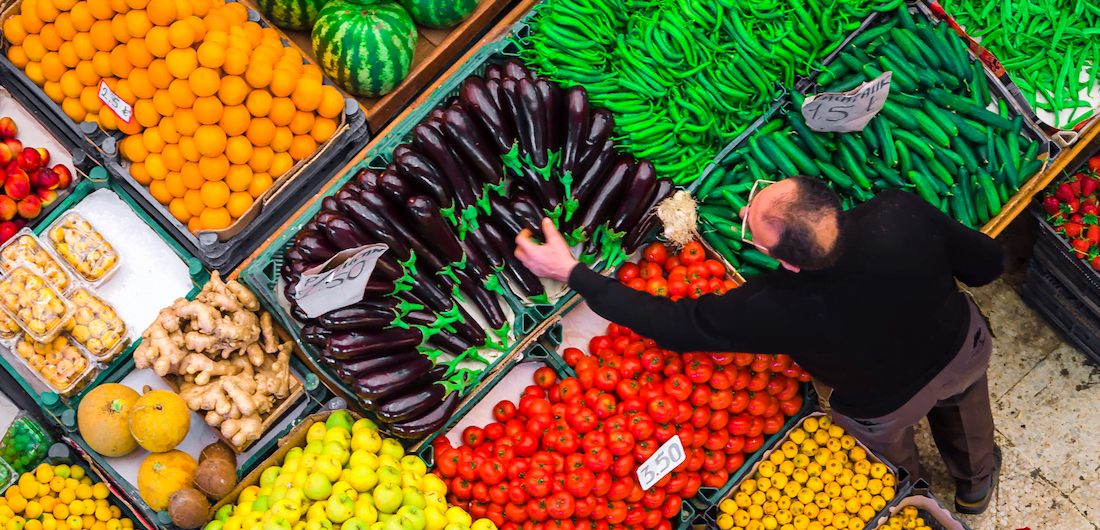
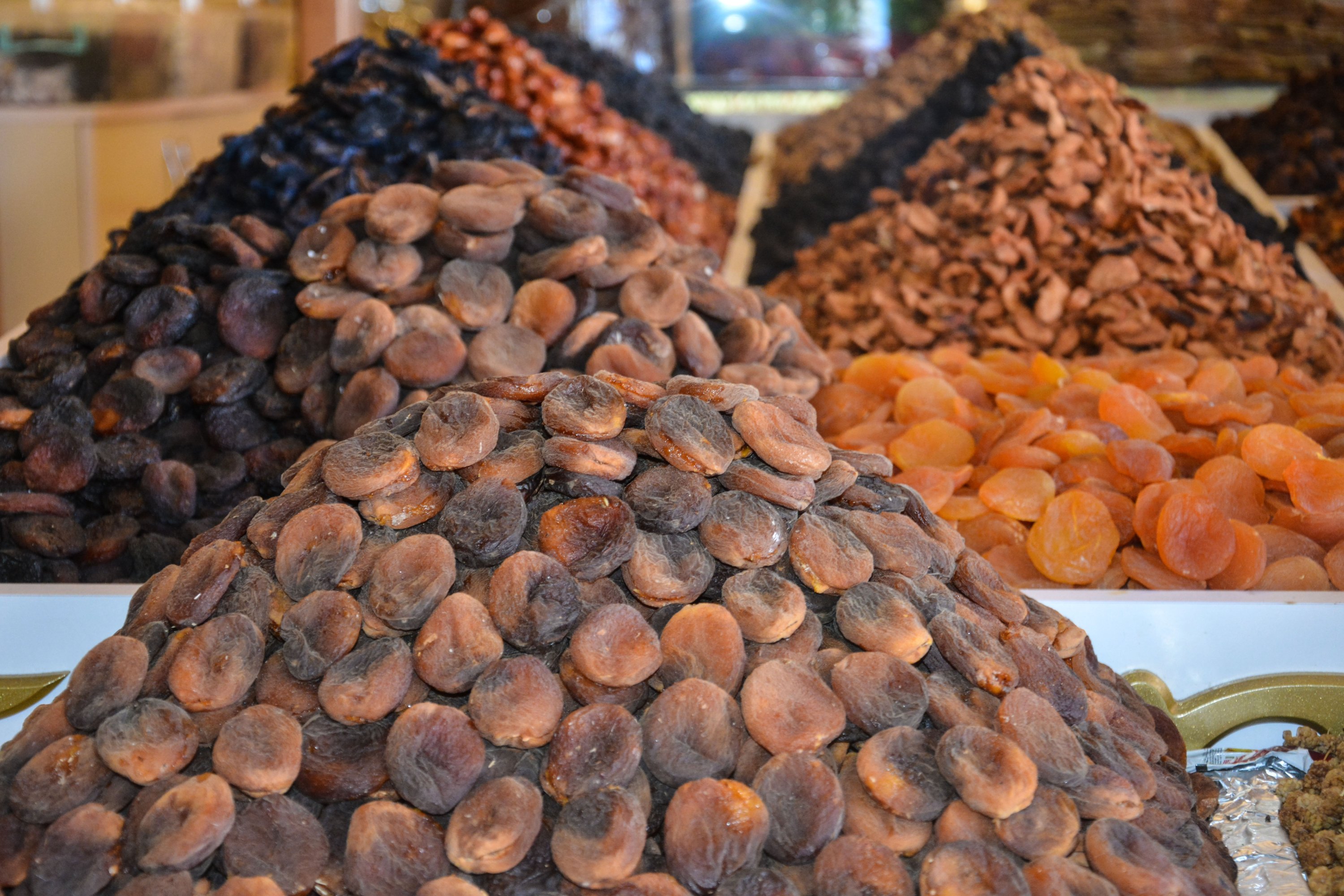
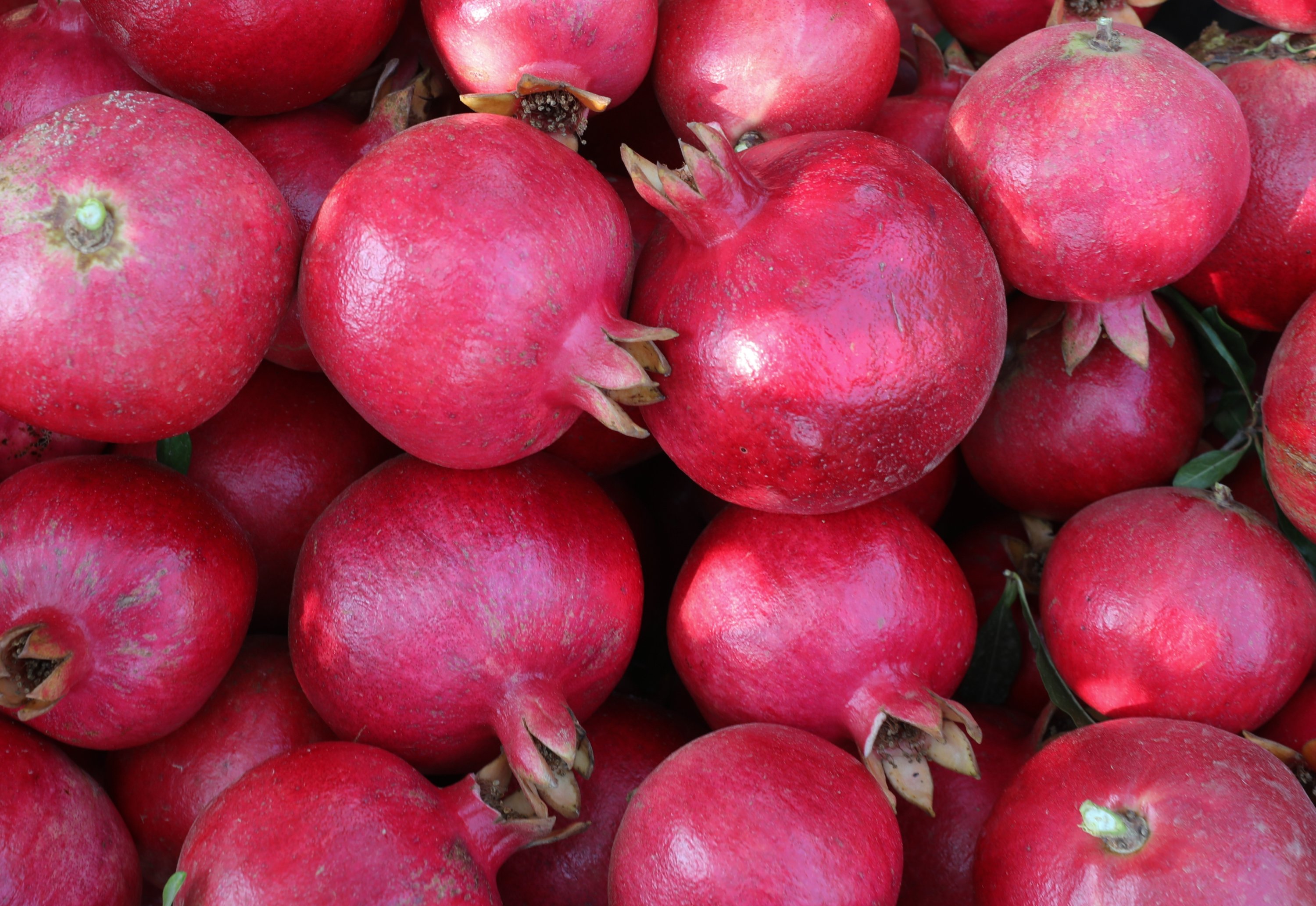
Comments